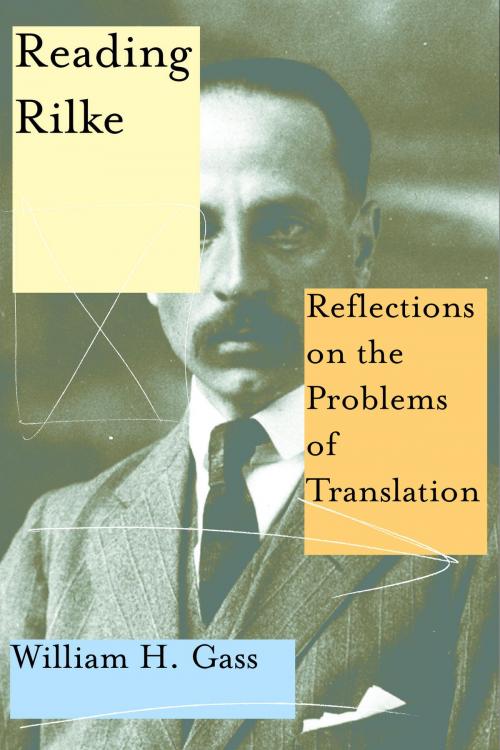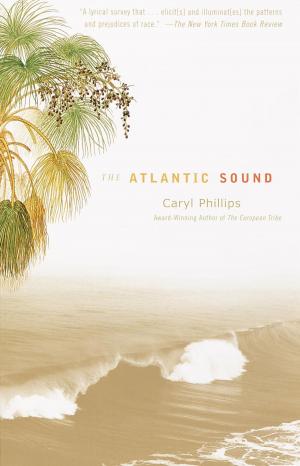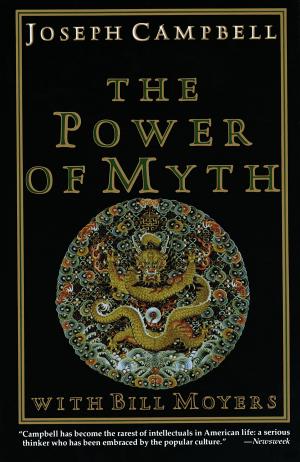Reading Rilke
Reflections on the Problems of Translation
Fiction & Literature, Literary Theory & Criticism, Books & Reading, Essays & Letters, Essays, Biography & Memoir, Literary| Author: | William H. Gass | ISBN: | 9780804150927 |
| Publisher: | Knopf Doubleday Publishing Group | Publication: | August 7, 2013 |
| Imprint: | Knopf | Language: | English |
| Author: | William H. Gass |
| ISBN: | 9780804150927 |
| Publisher: | Knopf Doubleday Publishing Group |
| Publication: | August 7, 2013 |
| Imprint: | Knopf |
| Language: | English |
The greatly admired essayist, novelist, and philosopher, author of Cartesian Sonata, Finding a Form, and The Tunnel, reflects on the art of translation and on Rainer Maria Rilke's Duino Elegies -- and gives us his own translation of Rilke's masterwork.
After nearly a lifetime of reading Rilke in English, William Gass undertook the task of translating Rilke's writing in order to see if he could, in that way, get closer to the work he so deeply admired. With Gass's own background in philosophy, it seemed natural to begin with the Duino Elegies, the poems in which Rilke's ideas are most fully expressed and which as a group are important not only as one of the supreme poetic achievements of the West but also because of the way in which they came to be written -- in a storm of inspiration.
Gass examines the genesis of the ideas that inform the Elegies and discusses previous translations. He writes, as well, about Rilke the man: his character, his relationships, his life.
Finally, his extraordinary translation of the Duino Elegies offers us the experience of reading Rilke with a new and fuller understanding.
The greatly admired essayist, novelist, and philosopher, author of Cartesian Sonata, Finding a Form, and The Tunnel, reflects on the art of translation and on Rainer Maria Rilke's Duino Elegies -- and gives us his own translation of Rilke's masterwork.
After nearly a lifetime of reading Rilke in English, William Gass undertook the task of translating Rilke's writing in order to see if he could, in that way, get closer to the work he so deeply admired. With Gass's own background in philosophy, it seemed natural to begin with the Duino Elegies, the poems in which Rilke's ideas are most fully expressed and which as a group are important not only as one of the supreme poetic achievements of the West but also because of the way in which they came to be written -- in a storm of inspiration.
Gass examines the genesis of the ideas that inform the Elegies and discusses previous translations. He writes, as well, about Rilke the man: his character, his relationships, his life.
Finally, his extraordinary translation of the Duino Elegies offers us the experience of reading Rilke with a new and fuller understanding.















